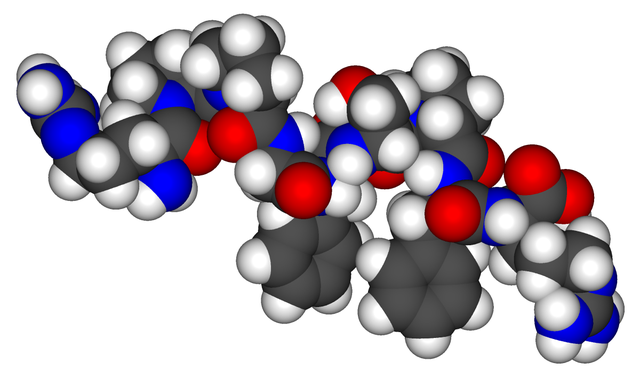This is intriguing. Thanks to a recently published study, we may now know better why COVID-19 wreaks havoc with the human body, and perhaps know a little better how best to treat the illness.
I am generally wary when it comes to research that relies heavily on computer codes. I have zero experience in medicine or molecular biology, but when it comes to physics, I’ve seen unjustified reliance on computer programs that were treated as opaque black boxes and which, when I looked at the source code closely, turned out to contain code that was not particularly well written, difficult to decipher, and obviously not subjected to proper quality control by experienced IT professionals. I have no reason to believe that the situation is any better in other fields, such as medicine.
But in this case, the mechanism that they are uncovering actually makes sense. The “bradykinin hypothesis” basically amounts to the discovery that COVID-19 messes with the very receptors that allow it to enter the body in the first place: it hypersensitizes these so-called ACE2 receptors, which in turn suppresses the breaking down of bradykinin, a chemical that regulates blood pressure. The resulting runaway buildup, the “bradykinin storm“, causes blood vessels to leak, the lungs to fill up with fluid (gel-like, to make things worse, and to make ventilators less effective) and even lead to neurological effects, in part because of a breakdown of the blood-brain barrier.

All this sounds quite horrible, and it is, but understanding it can also lead to better treatment. Medications to deal with a bradykinin storm are readily available. And something as mundane as Vitamin-D can be immensely helpful.
Related to this, I read also that COVID-19 can mess with the thyroid gland. This is of obvious concern to me, as I’ve been taking thyroid medication for hypothyroidism for decades. I was relieved to learn that a pre-existing thyroid condition does not seem to cause complications.